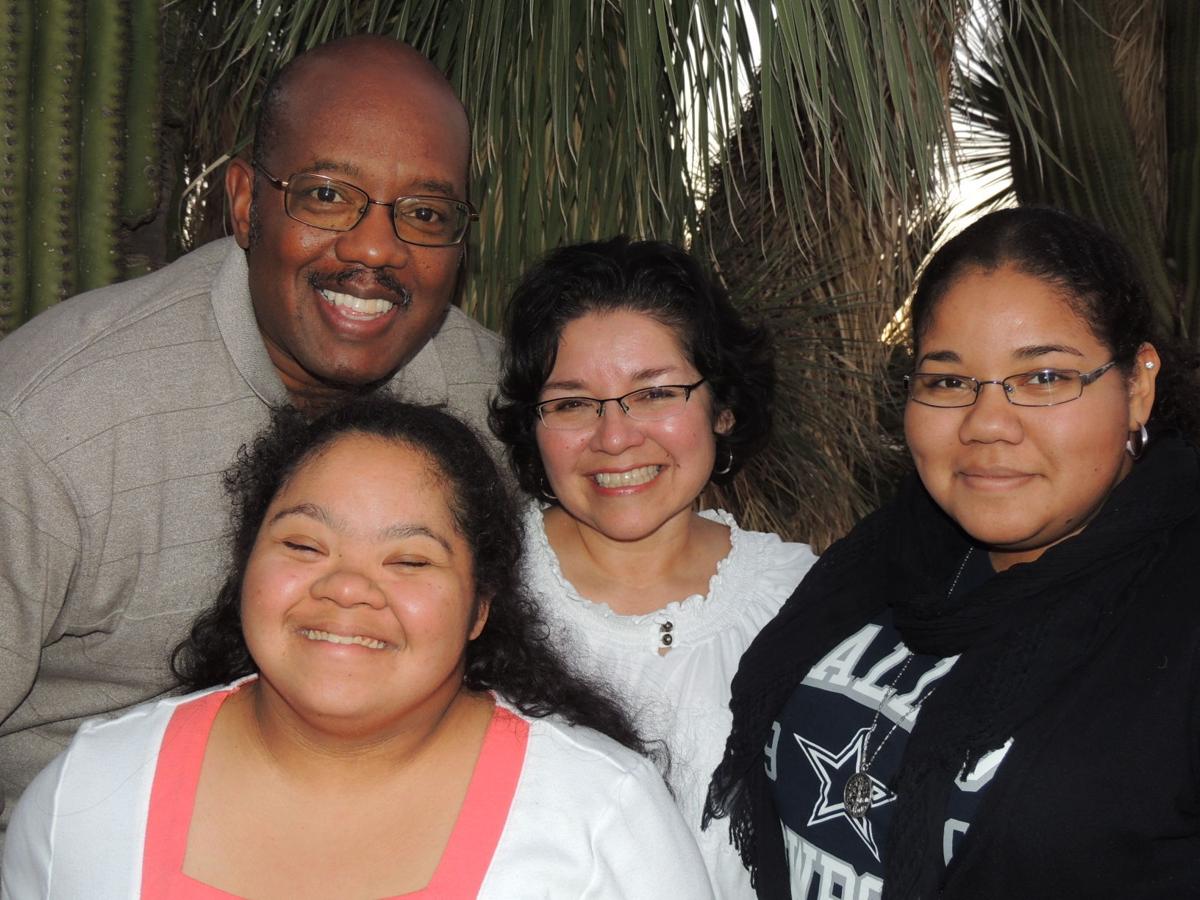If you ask program coordinator Steve Freeman what the new Kiwanis Aktion Club plans to do, he doesn’t know.
That’s because the community service club comprises individuals with disabilities and will be led by its own officers. They haven’t been elected yet.
The club’s third meeting was to take place Thursday. Freeman wants to get the 10 members needed for the club to become an official, Aktion Club chapter.
An Arizona Developmental Disabilities Planning Council grant allows Freeman to work as program coordinator for Say So of Southern Arizona, which promotes self-advocacy for those with developmental disabilities. It is part of Direct Center for Independence, the supporter of the new Aktion Club.
“The beauty of it is group members will decide,” Freeman said. “I don’t decide the direction. I give them the resources to make their own decisions, and wherever that leads them down the road, that’s up to them.”
Possible projects include fundraisers, park beautification and speaking to high school students about life with a disability.
“They want to say, ‘Just because we’re disabled, we’re still human and part of society...’” said Michael Iafrato, one of three Kiwanis advisers for the new club.
This Aktion Club joins two others in Tucson, associated with Arts for All, Inc. and Beacon Group, said Iafrato, who was previously the lieutenant governor of the Tucson-area division and will run in August for governor elect in the Southwest District, which includes Arizona, New Mexico and El Paso, Texas. This year, Kiwanis International celebrates its 100th anniversary.
“They’re going to do a lot of community service,” said Raul Murrieta, who is the president of the community group People First of Tucson and has a developmental disability. “I want to be part of that.”
Laura Penny has served as the interim executive director of the center for several months. In that time she has heard a phrase repeated: “Don’t tell me what I can’t do. Let me show you want I can do.”
Freeman sees this club promoting leadership, friendships and decision-making skills. For him, self-advocacy for individuals with disabilities is personal as well as professional.
His youngest daughter Dominique Freeman was born with Down syndrome. The family didn’t expect it.
“You go through all the emotions when you find out,” he said. “What’s my world going to be like? What’s happening? Everything has completely changed. But there were families that shared each other’s stories, and you just latch onto that.”
He started volunteering and is now the president of the Southern Arizona Network for Down Syndrome.
Today, his daughter is 18 and part of the University of Arizona’s two-year Project Focus program, taking classes such as oceanography, public health and Afrikana dance. Whenever the family can, it lets Dominique make her own decisions. Her father wants that same opportunity for others.
“We want to give them more independence so they can make decisions about where they want to go in life,” Freeman said. “They don’t have to sit in the background all the time.”





